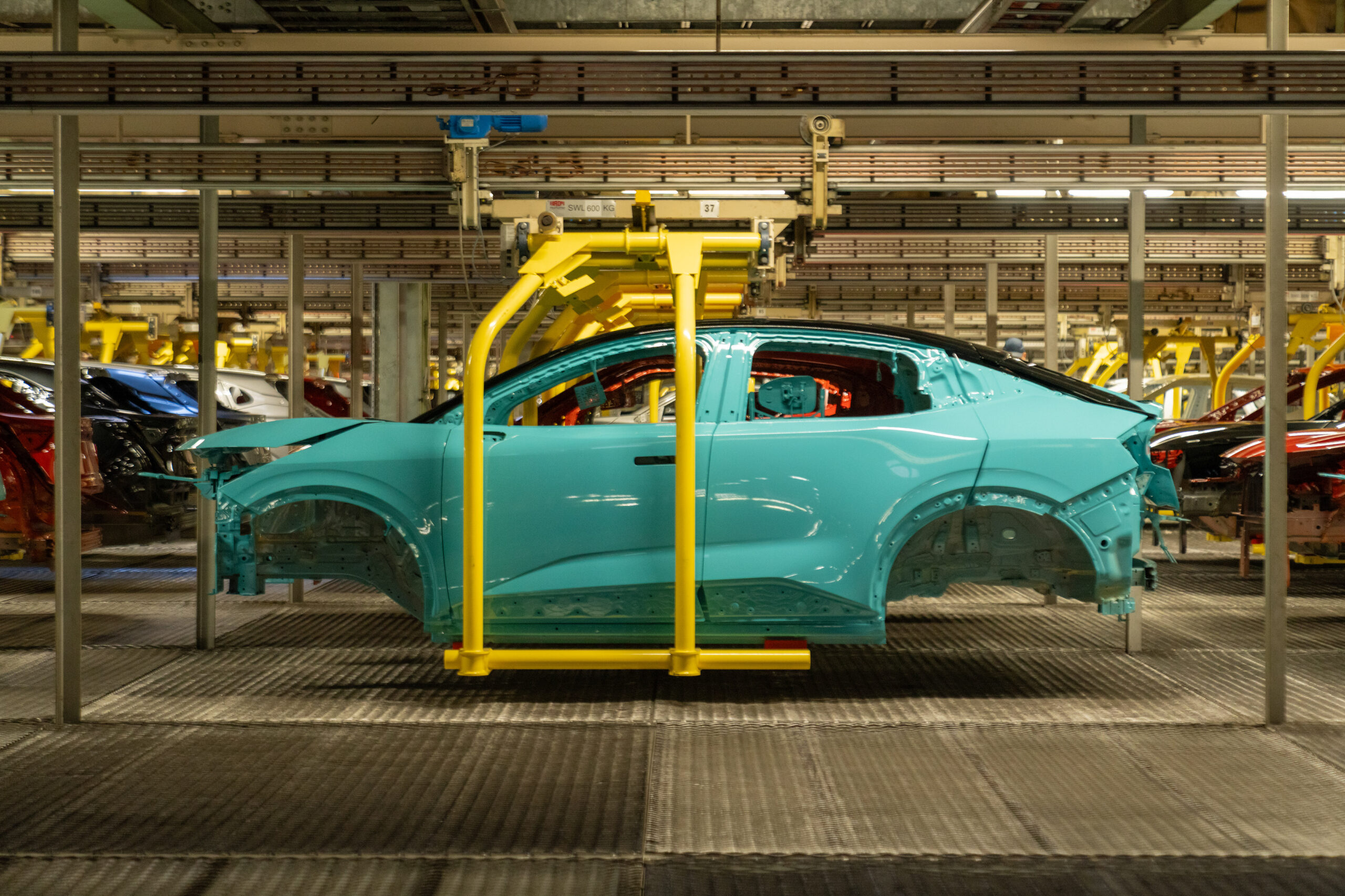
The bus industry is in a transformative stage of innovation not just in vehicles but the depots and workshops needed to maintain them – and last week I visited a bus depot to see first-hand how a workshop has been adapted to service, repair and, importantly, charge electric buses with substantial power on-site. Workshops are evolving quickly to retool and upskill for batteries, and so they must with zero emission models now representing one in five new bus registrations, and almost one in 10 new vans.
Change takes time, however, and while some bus depots have moved to 100% zero emission vehicles, it will be a number of years before we move to a complete 100% zero emission fleet in all depots and workshops. Technicians must be multi-skilled, therefore, working on internal combustion engine and zero emission powertrains. As ever, some vehicle manufacturers are delivering the latest training through apprenticeships, but advanced and master technicians that will also need to be updated.
Infrastructure is also fundamental and, under operating licensing rules, heavy vehicles must be based at an operating centre. Any operator of heavy vehicles – buses, coaches or trucks – will need to consider how these electric vehicles are charged overnight, and that needs power. Streamlining planning rules is also key given, in the example of one bus depot, installing infrastructure could require running a power cable under the driveway of a neighbouring property, or beneath a disused railway line.
New bus technology, workforce, tools, infrastructure and power – all will be required to sustain a future of zero emission passenger services. Now we are getting to the nitty gritty of planning and delivery, and action is needed sooner rather than later.


